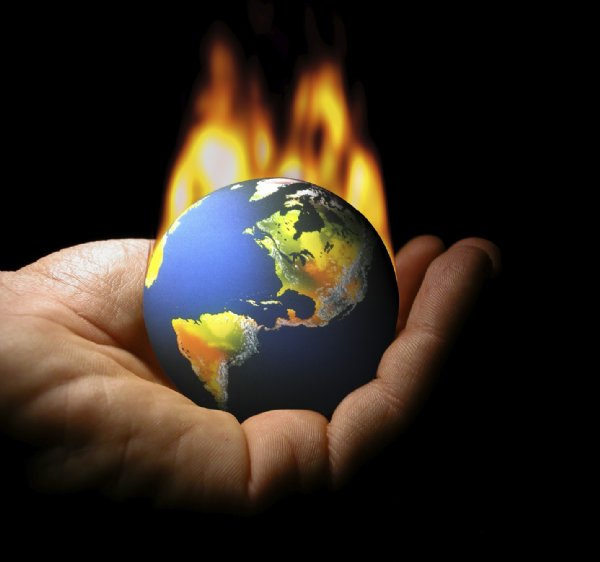|
It is nearly five years since the catastrophic earthquake in the Indian Ocean of December 2004, which set off a tsunami that hit the coasts of twelve nations. Over a quarter million people were killed, and many more left homeless.
The tsunami itself was hardly the first of its kind. What made it particularly devastating was the sheer number of people that were affected. Yet, we can ask, why did so many people choose to live or vacation along those coasts, knowing the risk they were taking? Are there so many suicidal people in the universe?
The answer, of course, is that the people were not suicidal, even if they were cognizant of the risks. They simply considered the risk to be sufficiently remote that they were willing to live in those locations, despite the remote chance that such a catastrophe could occur. They are no different than the billions of people around the world who live in flood plains, along earthquake faults or in range of active volcanoes. No different, indeed, than those of us in the West who continue to use electricity and enjoy the benefits of the technological age, despite the risk of global warming and the squandering of non-renewable resources.
*
The human tendency towards apathy in the face of approaching danger, as long as it is deemed sufficiently remote, is well-established in history. We read in this week's Torah portion of the generation of the flood. Due to their steep moral and spiritual decline, G-d decided that if the people did not drastically change their behavior He would bring a flood and wipe them off the face of this earth. He sent Noah, a tzadik and righteous man, to exhort the people to do teshuvah. Over a period of 120 (!) years, Noah attempted to warn the people of the impending cataclysm and to return them to the proper path, but to no avail.
Today, thank G-d, we are not being threatened by a worldwide flood. However, we also face the risk of falling into apathy. Not over the possibility of impending doom, such as global warming or a worldwide terrorist threat. We also risk falling into apathy about the possibility of positive, transformative change.
Nearly twenty years ago, we have merited to hear from the Lubavitcher Rebbe, King Moshiach, that the hope of all the generations is about to materialize. At any moment we will enter into the era of the true and complete Redemption. We are talking about a radical transformation of our lifestyle, entering into a state of complete good in every aspect, spiritual and physical.
However, this quality of life that we all look forward to is dependent on our behavior. We need to begin preparing ourselves now for the Redemption, in order to fully benefit from all the changes that will soon be taking place.
We cannot allow ourselves to fall into apathy. We must be constantly aware that we are in the final moments of exile, and our actions during this time can have a profound effect on our future. We must replace the tendency towards apathy with faith and perseverance. This will lead us directly into the era of Moshiach, which we anticipate so eagerly.
|

